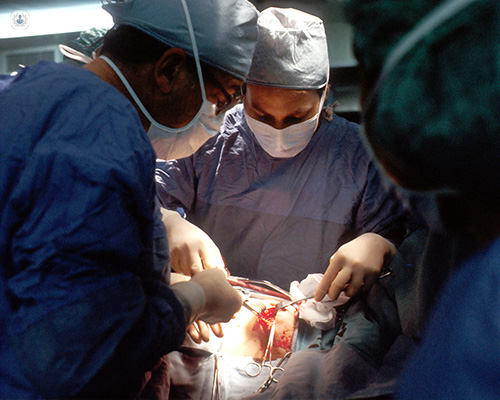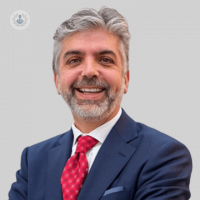When is aortic root replacement required?
Written in association with:Aortic root replacement is a highly specialized surgical procedure designed to address severe conditions affecting the aortic root, the portion of the aorta that connects to the heart and houses the aortic valve and coronary artery origins. This critical area plays a central role in maintaining proper blood flow from the heart to the rest of the body. Conditions that may necessitate this surgery include aortic root aneurysms, connective tissue disorders like Marfan syndrome, aortic valve dysfunction, and dissections involving the root.

The aortic root is vulnerable to conditions that can lead to life-threatening complications such as rupture or severe valve dysfunction. When the aortic root becomes dilated, weakened, or damaged, it increases the risk of catastrophic events, making surgical intervention essential. Aortic root replacement is a procedure performed to replace the diseased portion of the aortic root with a synthetic graft, ensuring structural integrity and restoring normal blood flow.
In many cases, the surgery also involves addressing the aortic valve. Depending on the specific condition, the surgeon may opt for a valve-sparing technique, preserving the patient’s natural valve, or replacing it with a mechanical or biological prosthetic. The coronary arteries are carefully reattached to the new graft, ensuring the heart's blood supply is maintained.
This complex procedure typically requires open-heart surgery and the use of a heart-lung bypass machine. Recovery involves a hospital stay of several days, including time in intensive care for close monitoring.
Full recovery can take several weeks to months, during which patients gradually regain strength and resume normal activities under medical supervision. Advances in surgical techniques and post-operative care have led to excellent outcomes for most patients, significantly reducing the risks associated with aortic root disease.
Aortic root replacement is a life-saving procedure that not only prevents potentially fatal complications but also enhances the quality of life for patients with severe aortic conditions. Early diagnosis and expert care are vital, as they allow for timely intervention and improved long-term outcomes. This surgery underscores the importance of cardiovascular health and the transformative potential of modern cardiac surgery.


